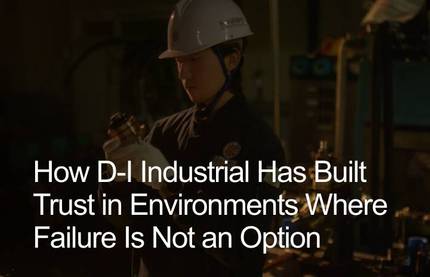NGO's Condemn IMO Environmental Implementation Delays
The International Maritime Organisation (IMO) today decided to postpone the entry into force of nitrogen oxide (NOx) emissions limits for ship engines from 2016 to 2021. Environmental NGOs Transport & Environment (T&E) and Seas at Risk, founding members of the IMO observer organisation Clean Shipping Coalition, condemn IMO’s decision and now call on the EU to adopt its own NOx limits for cleaner air.
A statement from T&E and Seas at Risk read as follows:
The decision taken at a meeting in London of the IMO working group reviewing MARPOL Annex VI [1], adopted in 2008, delays the introduction of stricter NOx emissions limits for engines of ships built from 2016 when sailing in so-called ‘NOx Emissions Control Areas’. Currently the North American coastline is such an area, and the Baltic Sea might be designated to be one. This new NOx standard is about 75% lower than emissions of current engines and will mean cleaner air over European and North American seas and coastal areas.
Reacting to the IMO decision, Antoine Kedzierski, T&E clean shipping officer, said: "Today's decision to delay ship engine NOx standards is a shameful act by the IMO, and nothing less than a disaster. Two years before the entry into force of the next emissions limit, the IMO punishes those who have chosen to invest in clean innovation in order to comply and rewards those who have cynically waited and lobbied for postponement. The call was led by Russia, but the lack of a common EU position is also to blame with Poland, Greece, Cyprus, Malta, Latvia and Estonia all toeing the Russian line. This decision will not only kill high-value jobs in the clean-tech industry, but will also increase emissions that have serious impacts on the environment and human health."
John Maggs from Seas at Risks commented: "If left unregulated, shipping will soon become the biggest source of NOx emissions in Europe, exceeding all land-based emissions put together. Due to IMO's sudden and abrupt change of direction, Europe should now act by itself and set clean engine standards at EU level.”
This IMO decision needs to be adopted by vote in the next Marine Environment Protection Committee, expect to be held in March 2014.
Air pollution from international shipping, of which NOx emissions are a big part, accounts for about 50,000 premature deaths per year in Europe. These shipping emissions contribute to acid deposition, formation of deadly fine particles, and ozone smog. According to recent scientific studies, ship emissions annually cost the EU society more than €58 billion [2]. As a consequence of today’s IMO decision, the total amount of NOx emissions is expected to continue to increase for at least the next decade. Thus, the EU must take action on its own to reduce this type of shipping pollution.













